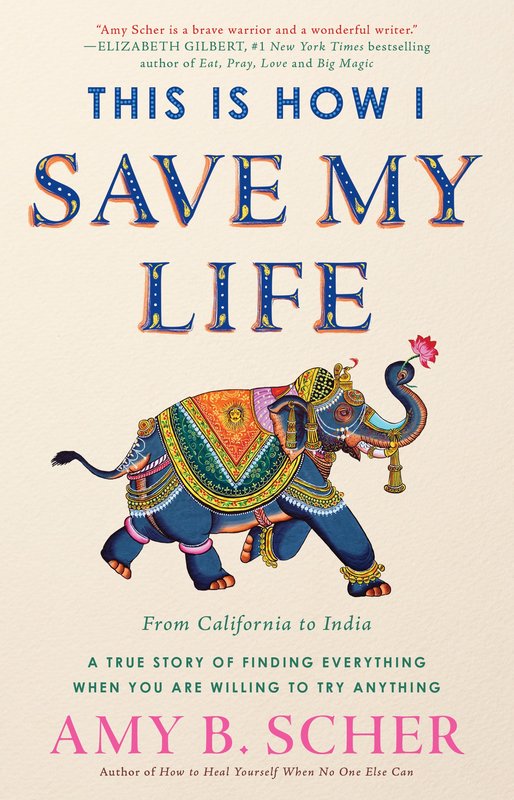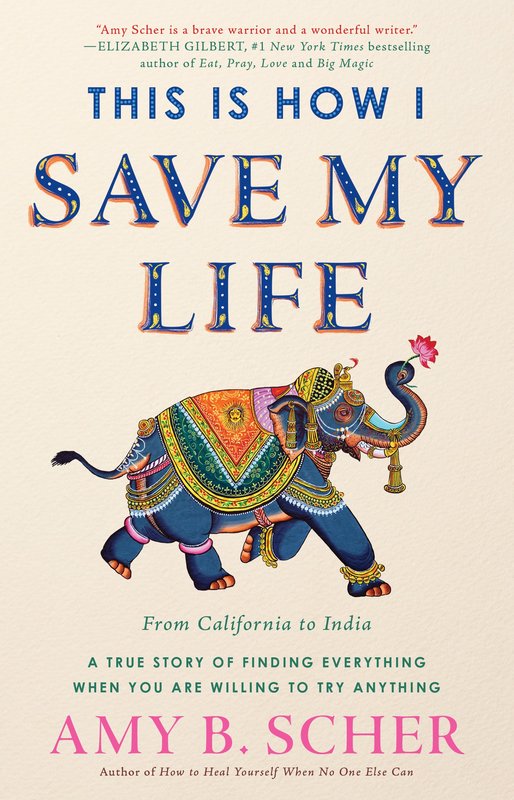How to Have a Healthy Relationship When You Are Chronically Ill
June 13, 2014 in Lifestyle by Shelley M. White
Many distraught individuals suffering from serious illnesses have spilled their hearts to me. For the vast majority, their fading romantic relationships are a major source of their suffering. They feel compelled to talk to a stranger such as myself as opposed to their partners, because the wall between them is so thick that the feelings they strive to portray to each other cannot penetrate it.
When we are sick, we shift into an instinctual survival mode of selfishness, whether we want to or not. Our healthy partner, on the other hand, wants to go out and do things, while the idea of so much as getting out of bed equates to climbing Mount Everest to us. Resentment brews within them because they're unable to lead "normal" lives due to our medical needs.
This can lead to an insurmountable amount of tension in relationships. For this very reason, I found myself filing for divorce at the age of 22. The hard truth is that the average person isn't cut out for a one-sided relationship in which they're more of a caretaker than a lover.
My current relationship flourishes despite struggle because I pull my weight to the best of my abilities. In return, he respects me and is proud of what I can do rather than upset about what I can't do.
It's usually not easy to adjust to a relationship in which one partner is disabled. Once you establish a mutually beneficial routine, though, it becomes second nature.
Here are some methods we use to keep our relationship strong:
1. Remember you aren't the only one who feels pain.
Sometimes we get so caught up in our own pain that we forget about the pain our partner is feeling. While his or her pain may be different from our own, it is nonetheless real. By ignoring their hurt and focusing solely on our own, we double their pain. The key is to not become so self-absorbed that we damage our relationships and are left with just that: ourselves.
2. Designate “technology-free” times.
We often want to escape our pain so badly that we'll do anything to distract ourselves from it, and spend hours absorbed in technology. When we leave the reality of our illnesses behind for the virtual world, we leave our partners behind as well.
3. Find ways to keep the intimacy alive.
Understandably, this may or may not be plausible in a physical sense. Luckily, we can opt for mental intimacy instead, which is just as important for maintaining healthy relationships. One way to bond mentally is to read together before bed. Another option is to meditate or pray together.
4. Spend time in solitude.
While this relates to spending time alone, it is in no way related to spending your time watching reality television shows or reading gossip magazines. Spending time in solitude is meant to serve as a peaceful experience of inner reflection. You can't give your partner what he or she is worthy of unless you discover what you are worthy of. In all things, we must love ourselves to truly love others. We must fix our own inner conflicts to fix ones with others, romantic relationships included.
Meditation and yoga are great for this, as is spending time in nature with zero technology. There's no clear-cut path to accessing inner stillness, otherwise known as the place where consciousness resides and intuition blooms. The path to inner peace is highly individualized.
Navigate your way down the one you are drawn to, rather than the ones society insists you take. Only then, despite pain and suffering, will you meet your true inner self; and only then will you be able to fully open your heart and flow love to your partner amid the darkness chronic illness often breeds.
When we are sick, we shift into an instinctual survival mode of selfishness, whether we want to or not. Our healthy partner, on the other hand, wants to go out and do things, while the idea of so much as getting out of bed equates to climbing Mount Everest to us. Resentment brews within them because they're unable to lead "normal" lives due to our medical needs.
This can lead to an insurmountable amount of tension in relationships. For this very reason, I found myself filing for divorce at the age of 22. The hard truth is that the average person isn't cut out for a one-sided relationship in which they're more of a caretaker than a lover.
My current relationship flourishes despite struggle because I pull my weight to the best of my abilities. In return, he respects me and is proud of what I can do rather than upset about what I can't do.
It's usually not easy to adjust to a relationship in which one partner is disabled. Once you establish a mutually beneficial routine, though, it becomes second nature.
Here are some methods we use to keep our relationship strong:
1. Remember you aren't the only one who feels pain.
Sometimes we get so caught up in our own pain that we forget about the pain our partner is feeling. While his or her pain may be different from our own, it is nonetheless real. By ignoring their hurt and focusing solely on our own, we double their pain. The key is to not become so self-absorbed that we damage our relationships and are left with just that: ourselves.
2. Designate “technology-free” times.
We often want to escape our pain so badly that we'll do anything to distract ourselves from it, and spend hours absorbed in technology. When we leave the reality of our illnesses behind for the virtual world, we leave our partners behind as well.
3. Find ways to keep the intimacy alive.
Understandably, this may or may not be plausible in a physical sense. Luckily, we can opt for mental intimacy instead, which is just as important for maintaining healthy relationships. One way to bond mentally is to read together before bed. Another option is to meditate or pray together.
4. Spend time in solitude.
While this relates to spending time alone, it is in no way related to spending your time watching reality television shows or reading gossip magazines. Spending time in solitude is meant to serve as a peaceful experience of inner reflection. You can't give your partner what he or she is worthy of unless you discover what you are worthy of. In all things, we must love ourselves to truly love others. We must fix our own inner conflicts to fix ones with others, romantic relationships included.
Meditation and yoga are great for this, as is spending time in nature with zero technology. There's no clear-cut path to accessing inner stillness, otherwise known as the place where consciousness resides and intuition blooms. The path to inner peace is highly individualized.
Navigate your way down the one you are drawn to, rather than the ones society insists you take. Only then, despite pain and suffering, will you meet your true inner self; and only then will you be able to fully open your heart and flow love to your partner amid the darkness chronic illness often breeds.
About the author
Shelley is the former Editor-in-Chief of Public Health Alert, and a health writer for various sources including Collective Evolution, MindBodyGreen, Natural News, and more. She is trained in herbalism, diet and nutrition, bach flower remedies, and herbal materia medica.
facebook.com/shelleymariew
@Shelley_M_W
facebook.com/shelleymariew
@Shelley_M_W
latest posts
tags
Disclaimer: The information on this website is not a substitute for professional medical advice.
Always consult with your treating physician before altering any treatment protocol.
Always consult with your treating physician before altering any treatment protocol.








